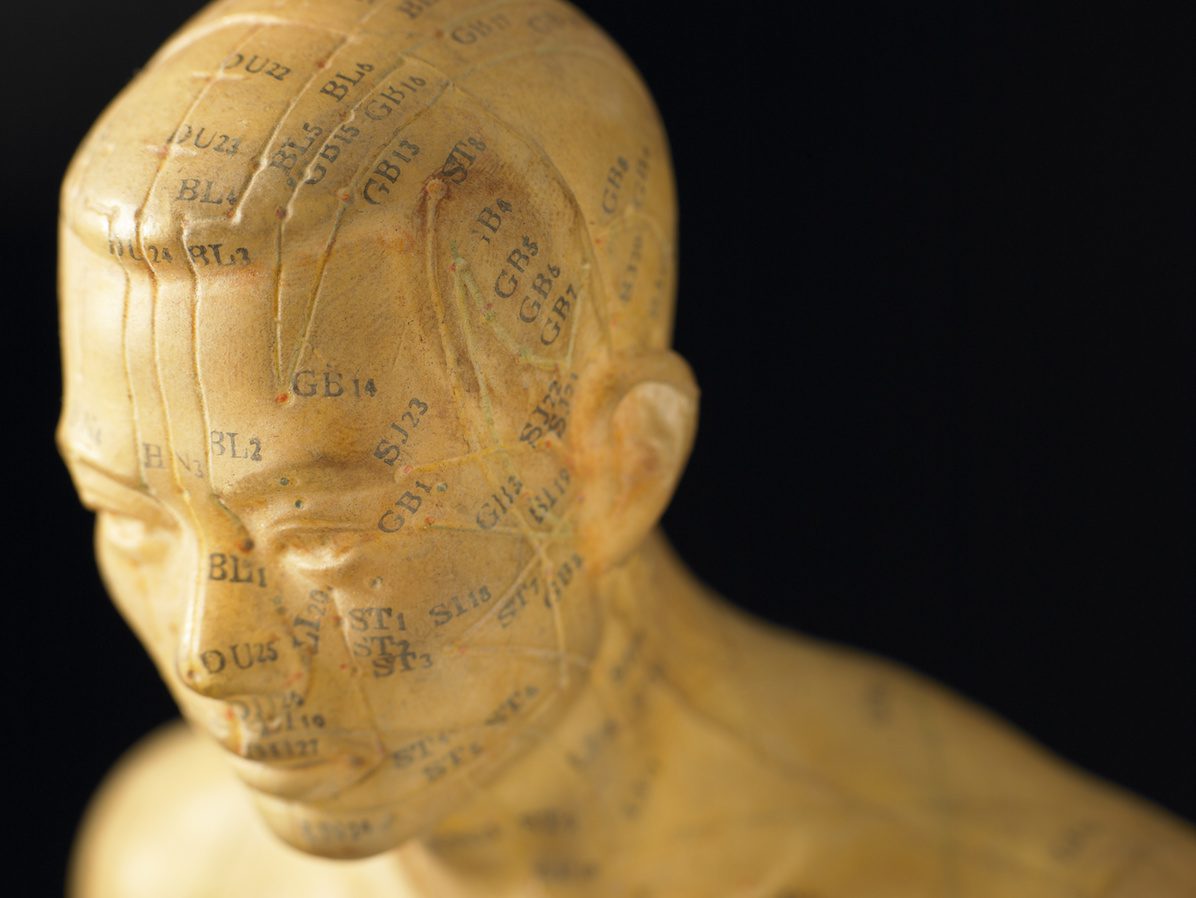December 6
Five Comparisons Between Japanese & Chinese Acupuncture
0 comments
December 6
0 comments


Kiiko Matsumoto is an internationally renowned clinician, scholar and teacher. She is considered a living master of acupuncture, with over 30 years of experience. The style of acupuncture that bears her name, also known as KMS acupuncture, is taught at Harvard Medical School. It is also the style that I practice.
My sessions are basically a series of questions and answers. My first questions tend to be related to which body systems are involved in a patient’s health imbalance. Then, I look for clues in that person’s health history. Finally, I try to determine which acupuncture points would allow the body to heal itself.
My answers to these questions are derived via palpation, a process in which I apply pressure to areas of the body to determine the presence or absence of pain or discomfort. This method is the key difference between KMS acupuncture and Traditional Chinese Medicine (TCM) style acupuncture.
TCM: Local tender and painful areas are considered for needle insertion.
KMS: Local and painful points are only used for evaluation or improvement of the condition, never for treatment.
TCM: The needles used are thicker and insertions are deeper.
KMS: Insertions are extremely shallow and superficial, using extremely fine gauge needles.
TCM: Feelings of distention, achiness and discomfort caused by stimulation of the needles is considered necessary for effective treatment.
KMS: Insertions are very gentle and shallow, causing little or no sensation, so that the patient barely notices that a needle has been placed.
TCM: Diagnosis is based on tongue and pulse, as well as the patient’s health history.
KMS: Diagnosis is based on empirical palpatory findings, as well as the patient’s health history.
TCM: Acupuncture points are selected based on theory and textbook definitions.
KMS: Acupuncture points are selected based on empirical palpatory findings, as well as the patient’s health history, symptoms and complaints.
The effectiveness of KMS acupuncture is experienced in real time. My patients report immediate results. Meanwhile, TCM teaches Chinese medical theory which helps me treat a patient's whole body, not just a symptom. I have found it to be in the best interests of my patients to be familiar with both, though I specialize in KMS. If you are interested in learning more about KMS acupuncture, contact my office and schedule an appointment.
Tags